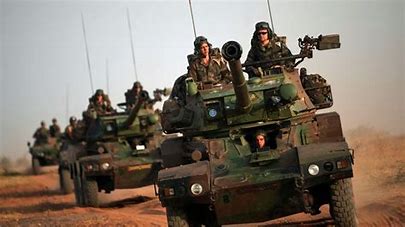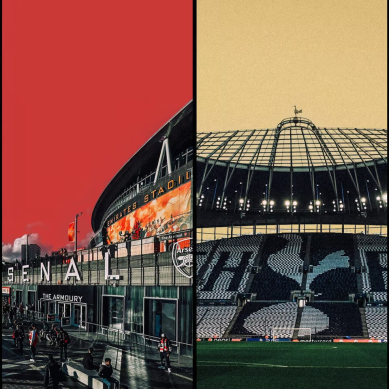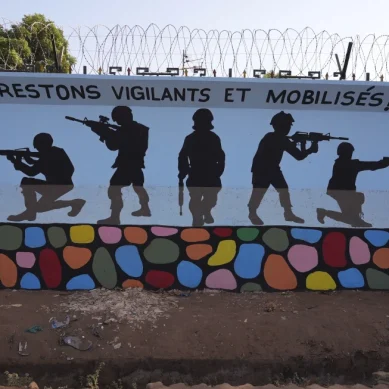
Al-Qaeda’s branch in North Africa has claimed responsibility for killing two French soldiers who died when their armoured vehicle was hit by an improvised explosive device in eastern Mali.
The soldiers were on a reconnaissance and intelligence-gathering mission in the eastern region of Menaka when the blast occurred. The attack came just days after three other troops from France were killed in a similar fashion.
The branch, known as the Group to Support Islam and Muslims (GSIM), said it “detonated an explosive device” as the vehicle was passing, “bringing the toll to five in less than a week”, in a statement released by its propaganda platform Al-Zallaqa late on Monday.
The deaths brought to 50 the number of French soldiers killed in the West African nation since France first intervened in 2013 to help drive back armed groups.
The GSIM condemned the “indiscriminate” killing of 100 civilians in two villages in western Niger over the weekend, the Site Intelligence Group also reported.
“This attack, whoever carried it out, is not different from the massacres of the French occupiers and criminal militias,” GSIM said, adding its “jihad” has not turned against the people and vowing reprisals.
The group appeared to be referring to the Islamic State in the Greater Sahara (EIGS), its rival in the region and with whom it has clashed violently in recent months.
A year ago, French President Emmanuel Macron designated the EIGS as the number one enemy in the Sahel region.
Since then, GSIM has grown in strength and in November France’s Barkhane force commander Marc Conruyt called the group the “most dangerous” in the region.
France’s Barkhane operation counts 5,100 troops spread across the arid Sahel region and has been fighting armed groups alongside soldiers from Mauritania, Chad, Mali, Burkina Faso and Niger, which together make up the G5 Sahel group.
- An Aljazeera report











